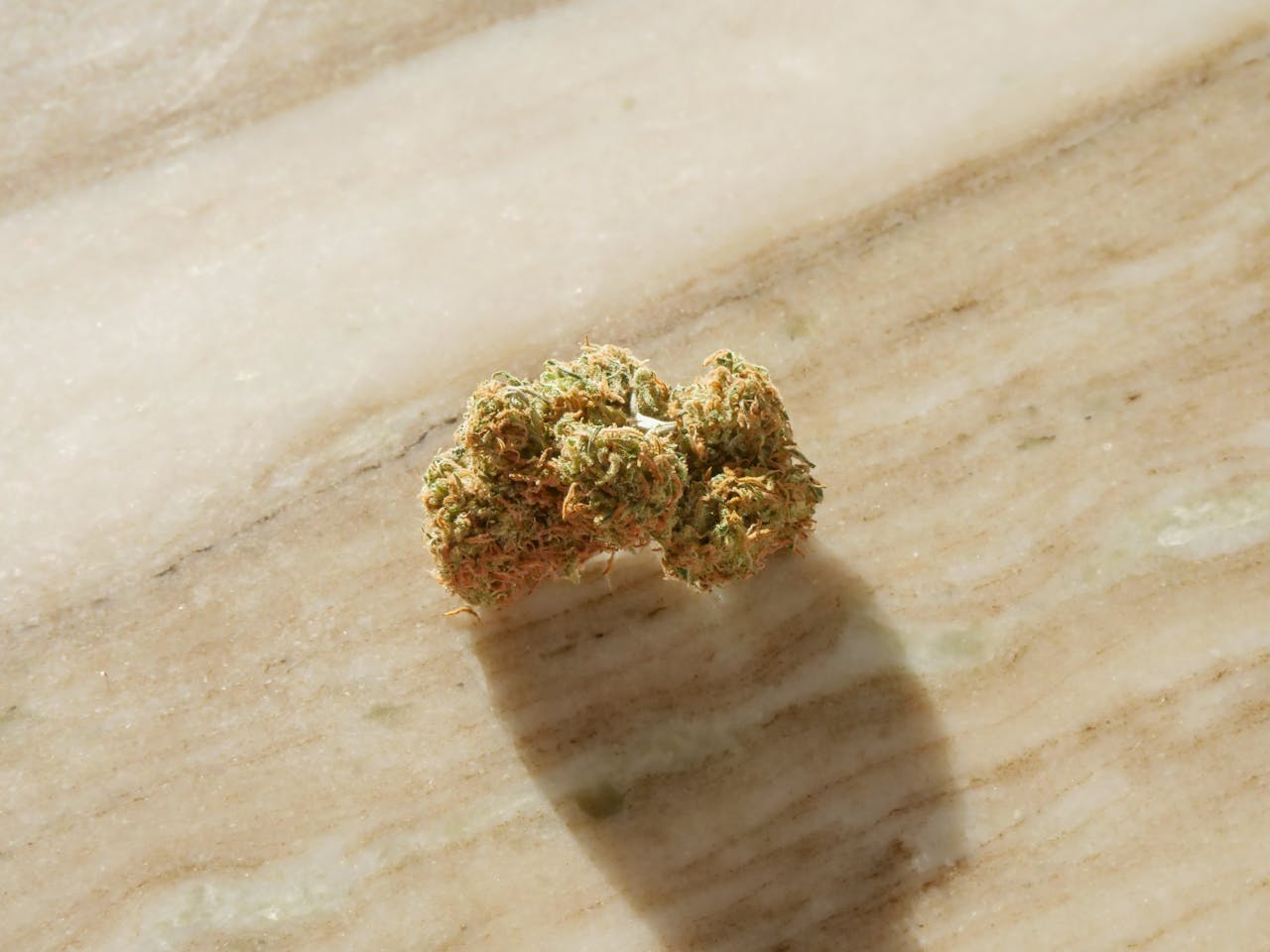The hemp world is constantly evolving, introducing new cannabinoids that offer exciting possibilities for health, wellness, and recreation. Two of the most intriguing compounds gaining attention today are THCp (Tetrahydrocannabiphorol) and THCa (Tetrahydrocannabinolic Acid). Individually, these cannabinoids have distinct characteristics, but when combined, they create a unique synergy that could redefine how we approach hemp products.
Let’s explore what makes THCp and THCa special, their individual benefits, and the potential advantages of combining them into one product.
What is THCp?
THCp is a naturally occurring cannabinoid discovered relatively recently in 2019. What sets it apart from THC (tetrahydrocannabinol) is its increased potency. Research suggests that THCp binds to CB1 receptors in the endocannabinoid system up to 33 times more effectively than regular THC. This means THCp can produce stronger psychoactive effects, even at lower doses.
Key Benefits of THCp:
• Enhanced psychoactivity: Due to its strong binding affinity, THCp provides a more intense euphoria compared to THC.
• Longer-lasting effects: Users report prolonged effects, making it suitable for those seeking extended relief or recreational enjoyment.
• Potential therapeutic benefits: Early studies suggest THCp may be particularly effective for managing chronic pain, insomnia, and inflammation.
What is THCa?
THCa is the precursor to THC, meaning it’s the raw, unheated form of tetrahydrocannabinol. In its natural state, THCa is non-psychoactive. However, when exposed to heat (through smoking, vaping, or cooking), THCa undergoes decarboxylation, converting into THC—the compound responsible for cannabis’ psychoactive effects.
Key Benefits of THCa:
• Non-psychoactive benefits: When consumed raw (e.g., in juices or tinctures), THCa provides health benefits without the “high.”
• Anti-inflammatory properties: THCa has shown promise in reducing inflammation, making it useful for conditions like arthritis.
• Neuroprotective potential: Emerging studies suggest it may help with neurodegenerative diseases.
• Gentle psychoactivity: Once converted to THC, THCa can deliver psychoactive effects, but the experience is often milder compared to direct THC products.
The Synergy Between THCp and THCa
When combined, THCp and THCa create a complementary balance that maximizes their individual strengths. Here’s how they synergize:
1. Potency with Modulation
• THCp delivers high-intensity effects, while THCa (in its raw or mildly decarboxylated form) tempers the experience, creating a more controlled and balanced psychoactive effect.
• This combination is particularly beneficial for users who want the intensity of THCp without it feeling overwhelming.
2. Versatility in Consumption
• THCa can be consumed raw for non-psychoactive benefits, offering users a versatile product that can be tailored to their needs.
• When heated, THCa converts into THC, which works in tandem with THCp to enhance the euphoric effects.
3. Enhanced Therapeutic Potential
• Both cannabinoids possess anti-inflammatory and pain-relieving properties. Together, they may offer a more effective solution for conditions like chronic pain, autoimmune disorders, or mood regulation.
• THCp’s long-lasting effects paired with THCa’s gentle psychoactivity provide an extended therapeutic window.
4. The Entourage Effect
• Cannabis compounds often work better together—a phenomenon known as the entourage effect. THCp and THCa interact with the body’s endocannabinoid system in complementary ways, potentially amplifying the overall benefits of the product.
Applications of THCp + THCa Products
The combination of THCp and THCa is ideal for creating innovative hemp products. Here are some examples:
1. Tinctures and Oils
• Raw THCa tinctures enriched with THCp provide a versatile product. Users can consume it sublingually for quick effects or incorporate it into recipes for a customized experience.
2. Edibles
• Edibles containing THCa allow for slow-release conversion into THC when baked, while THCp ensures a potent and sustained experience.
3. Vape Products
• Vapes combining THCa and THCp deliver rapid effects. As the THCa converts to THC during heating, users experience both cannabinoids’ benefits in harmony.
4. Topicals
• For localized pain relief, topicals infused with THCa and THCp can be powerful anti-inflammatory and analgesic agents, without causing psychoactive effects.
Who Might Benefit from THCp + THCa Products?
1. Experienced Consumers
• Those familiar with cannabis looking for a heightened or extended effect will appreciate the potency of THCp paired with the flexibility of THCa.
2. Medical Users
• People managing chronic pain, inflammation, or anxiety may find this combination provides longer-lasting relief with customizable psychoactive intensity.
3. New Users Seeking Balance
• Beginners who want to explore more potent cannabinoids in a controlled way may benefit from the gentle psychoactivity THCa provides alongside THCp.
Things to Consider
1. Dosing
THCp’s potency means even small amounts can be highly effective. Start with a low dose and gradually adjust as needed.
2. Product Quality
Look for products tested by third-party labs to ensure accurate cannabinoid profiles and the absence of contaminants.
3. Legality
THCa products may exist in a legal gray area in some regions due to their potential to convert to THC. Ensure compliance with local cannabis laws.
Conclusion
The combination of THCp and THCa offers an exciting new frontier in hemp product development. Together, they provide a versatile and balanced experience, combining potent psychoactivity with raw therapeutic benefits. Whether you’re a seasoned hemp user or a beginner exploring cannabinoids, this synergy opens the door to a whole new range of possibilities.
As research continues to expand on the properties of THCp and THCa, expect to see more innovative products in this space, redefining how we use hemp for wellness, recreation, and beyond.

